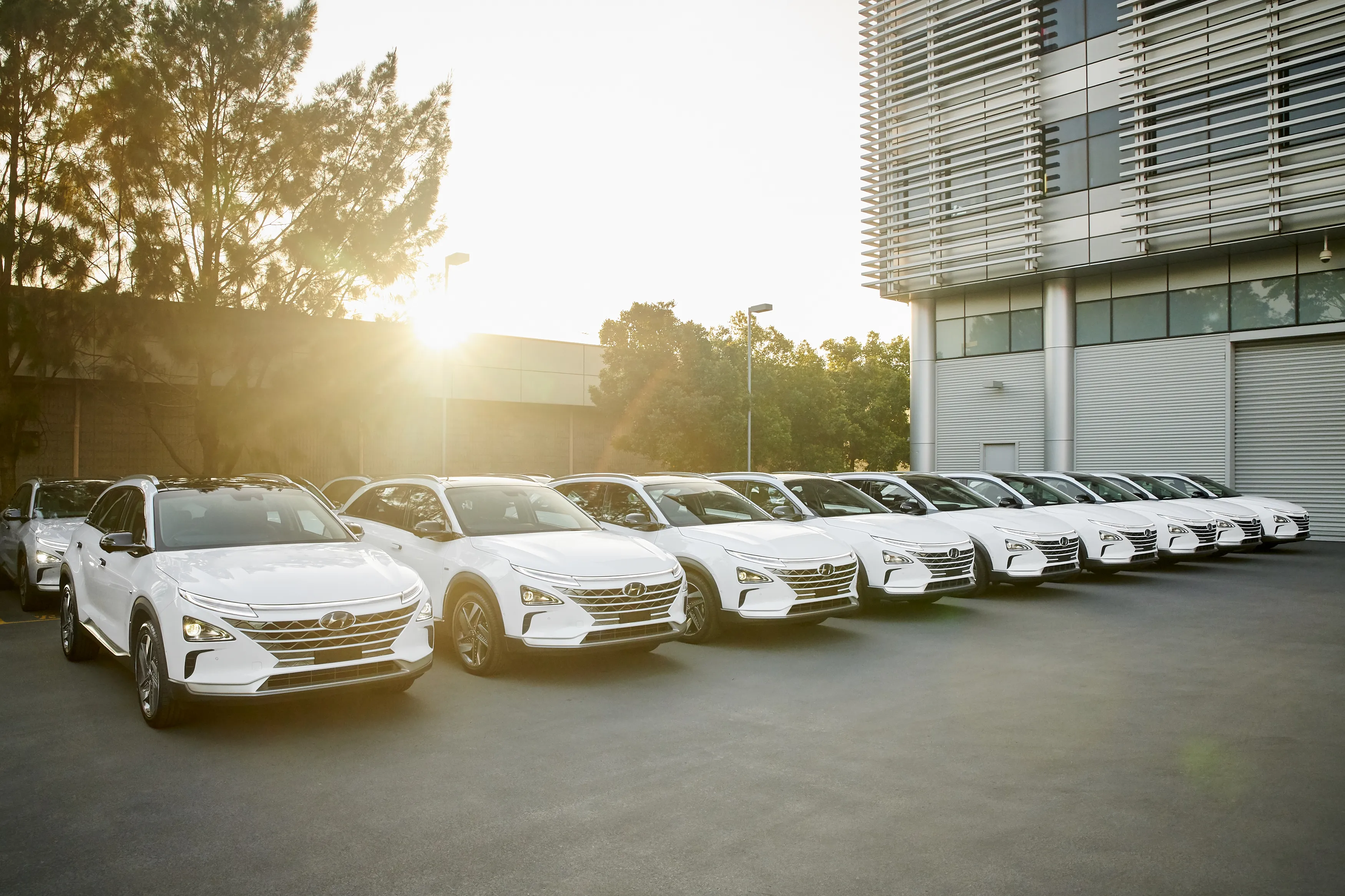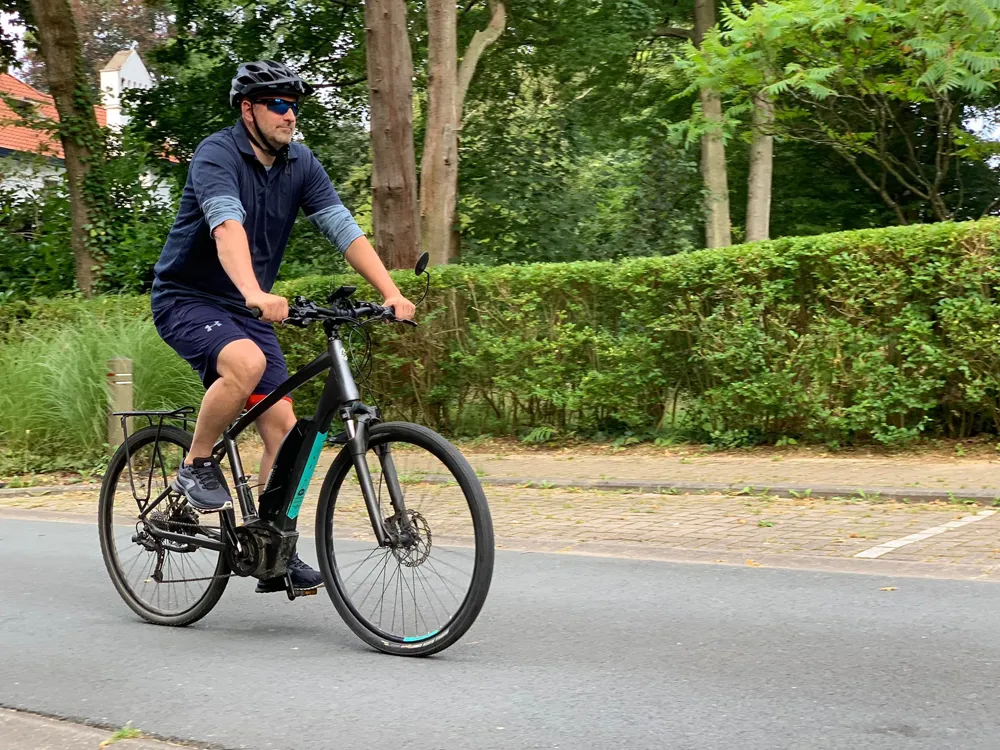
Hyundai Motor Company Australia has confirmed 20 of its zero-emission hydrogen fuel-cell electric vehicles (FCEV) will operate on the Australian Capital Territory (ATC) Government fleet this month.
Shane Rattenbury, ACT minister for climate change and sustainability, describes the deployment of Hyundai's Nexo FCEVs as a positive step towards mitigating climate change.
"Tackling climate change means tackling transport pollution, and zero-emission vehicle technology is a key part of this," Mr Rattenbury says.
A hydrogen station is scheduled to open in Canberra later this month to provide the capability for 700-bar rapid refuelling of the Nexo fleet.
The Lennock Hyundai dealership in the ACT suburb of Phillip will service the hydrogen-powered vehicles.
The initial deployment will be followed by a fleet of five FCEVs for the Queensland Government.
Queensland treasurer, Cameron Dick MP, says the aim is to demonstrate the viability of an FCEV for normal road use, whether for private motorists or the government.
"We want to demonstrate to the Queensland community that these vehicles can be on the road like any other vehicle," he continues.
"They'll be seamlessly introduced into the QFleet range of vehicles to show the public that hydrogen can be used safely.”
Hyundai says Nexo has a range of 666km, with a refuelling time of three to five minutes, in an SUV that emits only water vapour from its exhaust and purifies the air as it drives.
According to Hyundai, the vehicle comes with a near-silent electric drivetrain, creating less external noise than a conventional vehicle.









